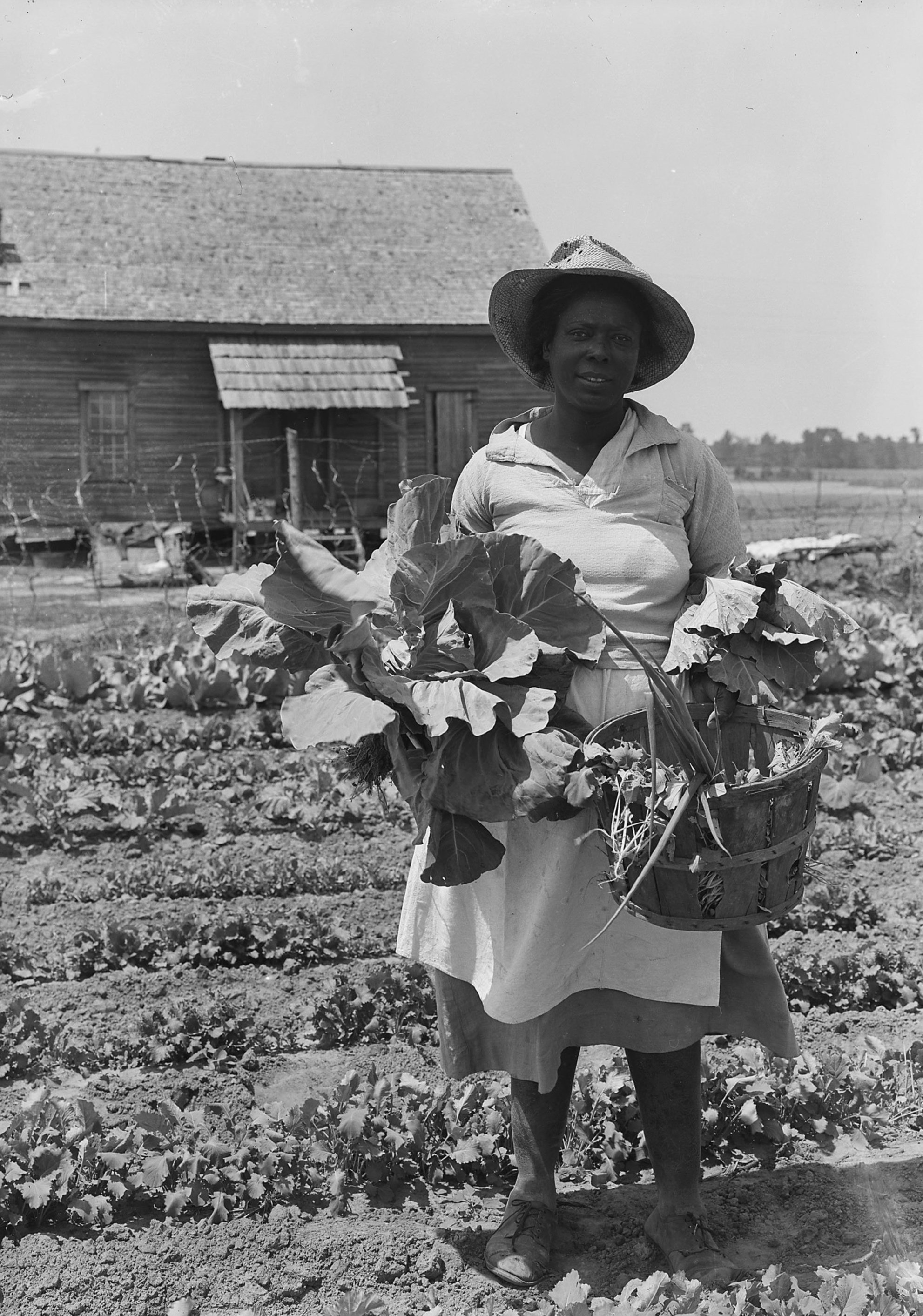Black Ecology: Finding our Homes–Niggas be Everywhere: A Reading List by CAM Morris
Collage by Doriana Diaz.
A reading list by CAM Morris from their teach-in, “Black Ecology: Finding our Homes–Niggas be Everywhere” for the School for Black Feminist Politics.
On Saturday, September 24th, 2022 at Nubian Hueman in Southeast, Washington, D.C., abolitionist and community organizer CAM Morris led a teach-in on “Black Ecology: Finding our Homes–Niggas be Everywhere” for the School for Black Feminist Politics.
You can watch the teach-in here.
About the teach-in: This teach-in will ask you to use historical context, Black stewardship, and nuance when engaging in conversations about land liberation and rights. We will discuss the history of Black land liberation, resistance occupations, Black nationalism, contemporary efforts toward environmental justice, and situate this fight within the context of Black people within occupied Piscataway and Anacostia land (District of Columbia). We will consider the erasure of Black experiences as a way to further investigate the spiritual and sustainable implications of land liberation. The connection between global land colonization and current fights for climate justice, repro justice, and housing justice.
About CAM Morris: Originally from the southside of Chicago, now residing in Washington, DC, (occupied Piscataway land) CAM (they/them) is a neuroexpansive, non-binary Black radical community organizer. Holding a Black queer feminist and abolitionist politic, the focus of CAM’s work is combatting colonization and neoliberalism, against US occupation and war, patriarchal violence, and capitalism.
Left: CAM Morris leading a teach-in on Black Ecology at Nubian Hueman.. Right: A photo of CAM Morris and participants of the teach-in at Nubian Hueman.
Black Ecology: Finding our Homes–Niggas be Everywhere: A Reading List
Butler, E. Octavia. Parable of the Sower. Grand Central Publishing, 1993.
Bilphena’s library. Black Ecology
Coates, Ta-Nehisi. The Case for Reparations. The Atlantic, 2014.
Davis, Angela. Women, Race, and Class. Penguin Random House, 1994.
Frazier, M. Dr. Chelsea. Black Feminist Ecological Thought: A Manifesto, 2020.
García, María, Ana. La Operación, Youtube, 1982.
Glave, Dianne. Rooted in the Earth: Reclaiming the African American Environmental Heritage. Chicago Review Press, 2010.
Gumbs, Alexis Pauline. Undrowned: Black Feminist Lessons from Marine Mammals. AK Press, 2020.
Ingrid, R.G. Waldron. There’s Something in the Water: Environmental Racism in Indigenous and Black Communities. Fernwood Publishing, 2018.
Jackson, Zakiyyah, I. Becoming Human: Matter and Meaning in an Antiblack World. New York Press, 2020.
Maathai, Wangari. Unbowed: A Memoir. Anchor Publishing, 2006.
Penniman, L. Farming While Black: Soul Fire Farms Practical Guide to Liberation on the Land. Chelsea Green Publishing Company, 2018.
Rothstein, Richard. The Color of Law: A Forgotten History of our Government Segregated America. Liveright, 2017.
Strings, Sabrina. Fearing the Black Body: The Racial Origins of Fatphobia. NYU Press, 2019.
Washington, A. Harriet. Medical Apartheid: The Dark History of Medical Experimentation on Black Americans from Colonial Times to the Present. Double Day, 2005.
Washington, A. Harriet. A Terrible Thing to Waste: Environmental Racism and its Assault on the American Mind. Little Brown Spark Publishing, 2019.
Wardi, J. Anissa. Toni Morrison and the Natural World: An Ecology of Color. University Press of Mississippi. 2021.
Williams, Rhonda, Y. The Politics of Public Housing: Black Women’s Struggle Against Urban Inequality. Oxford University Press, 2005.
Resources




